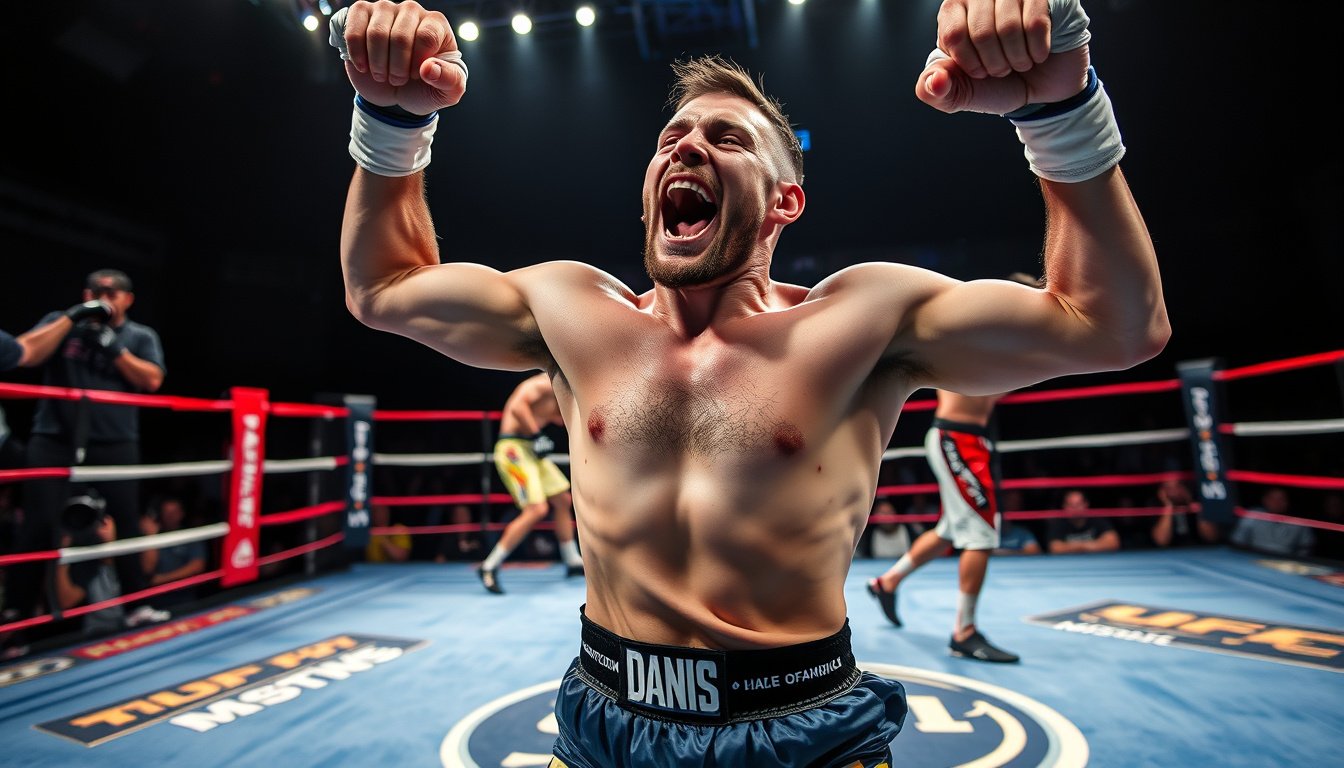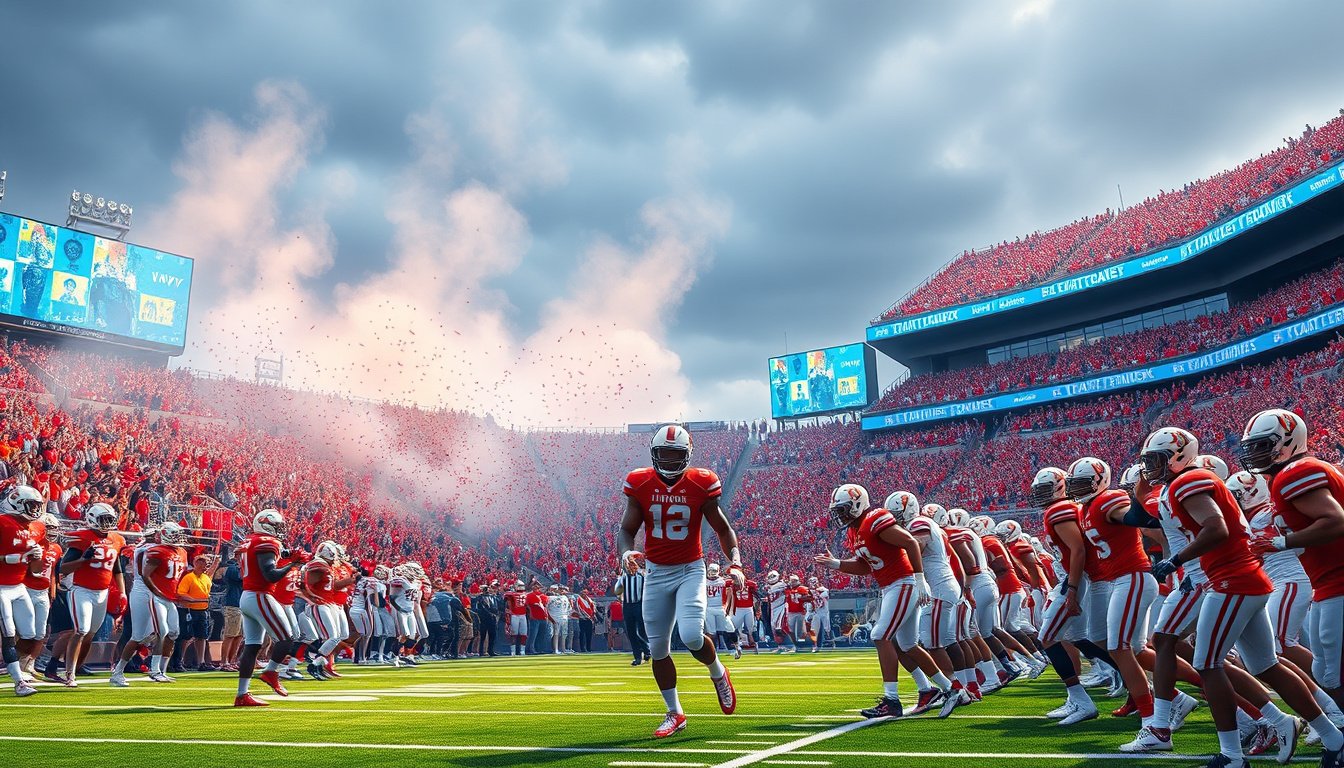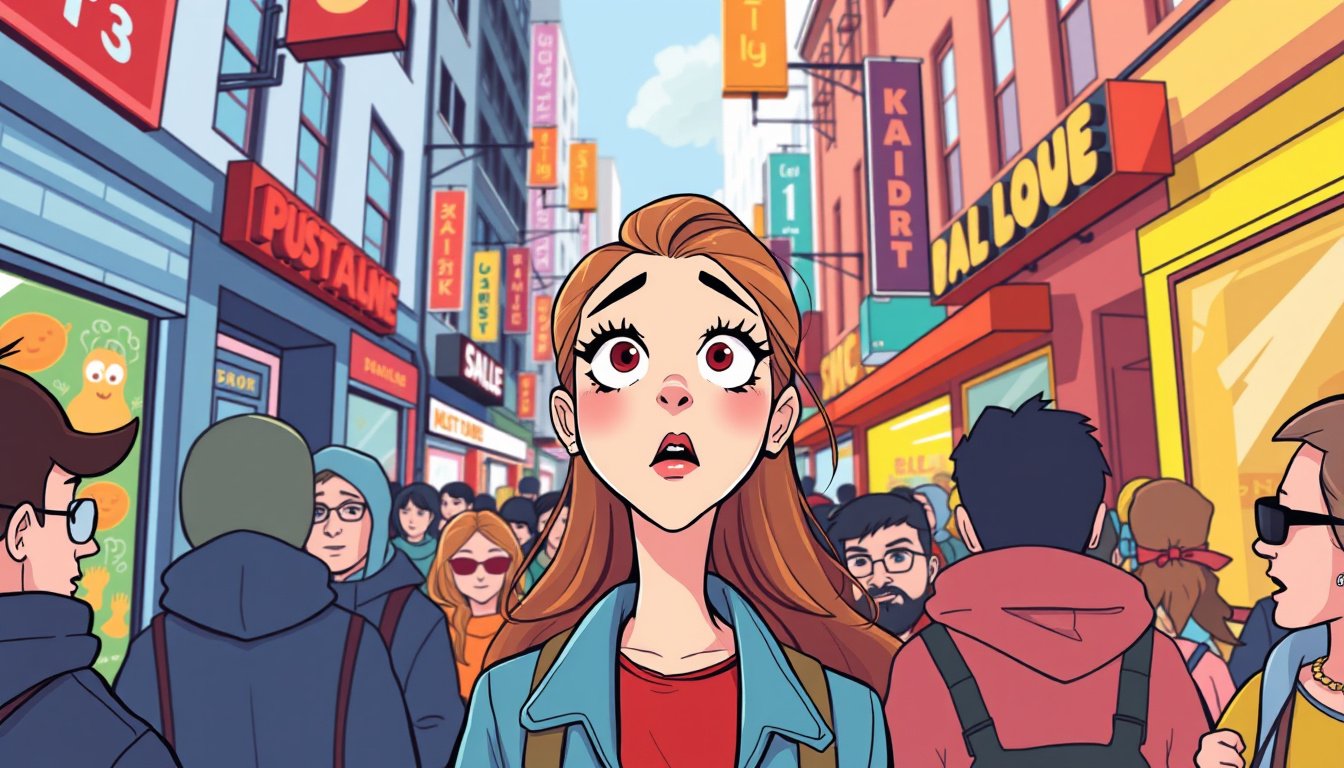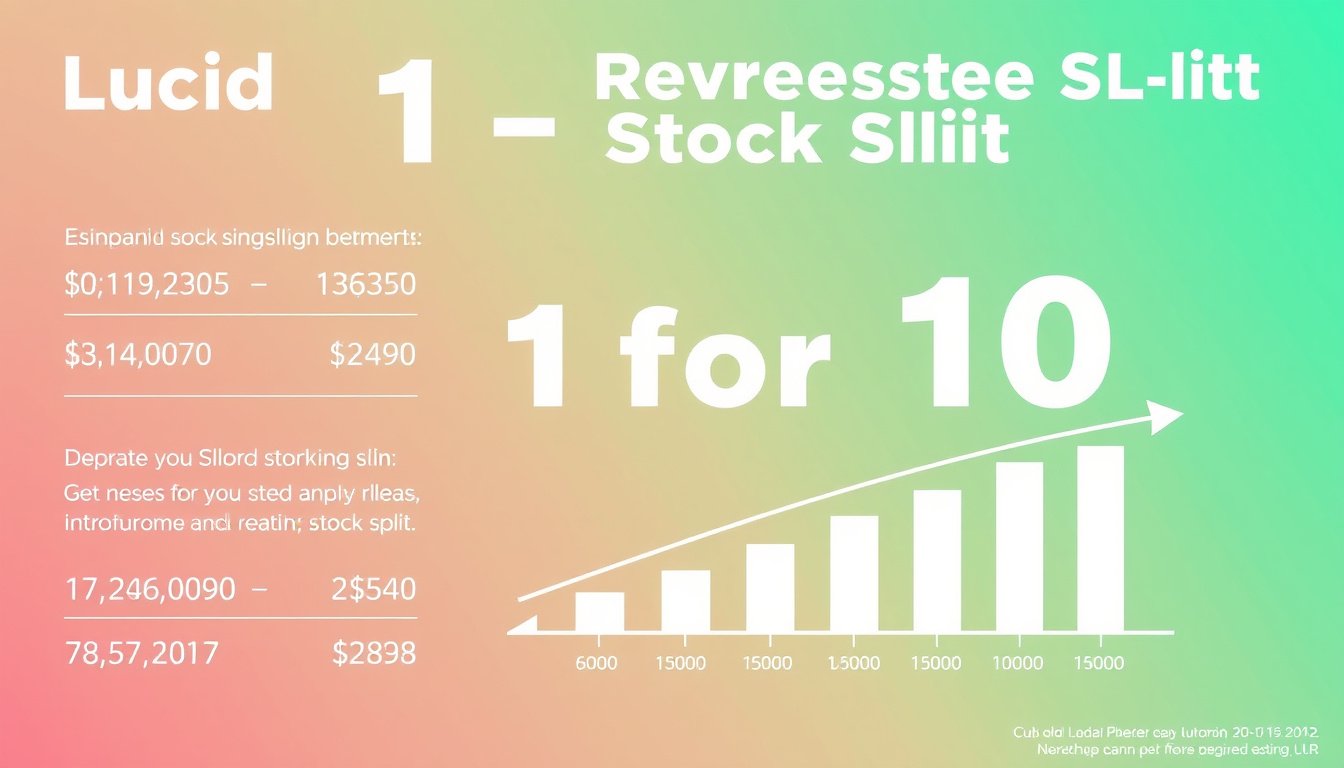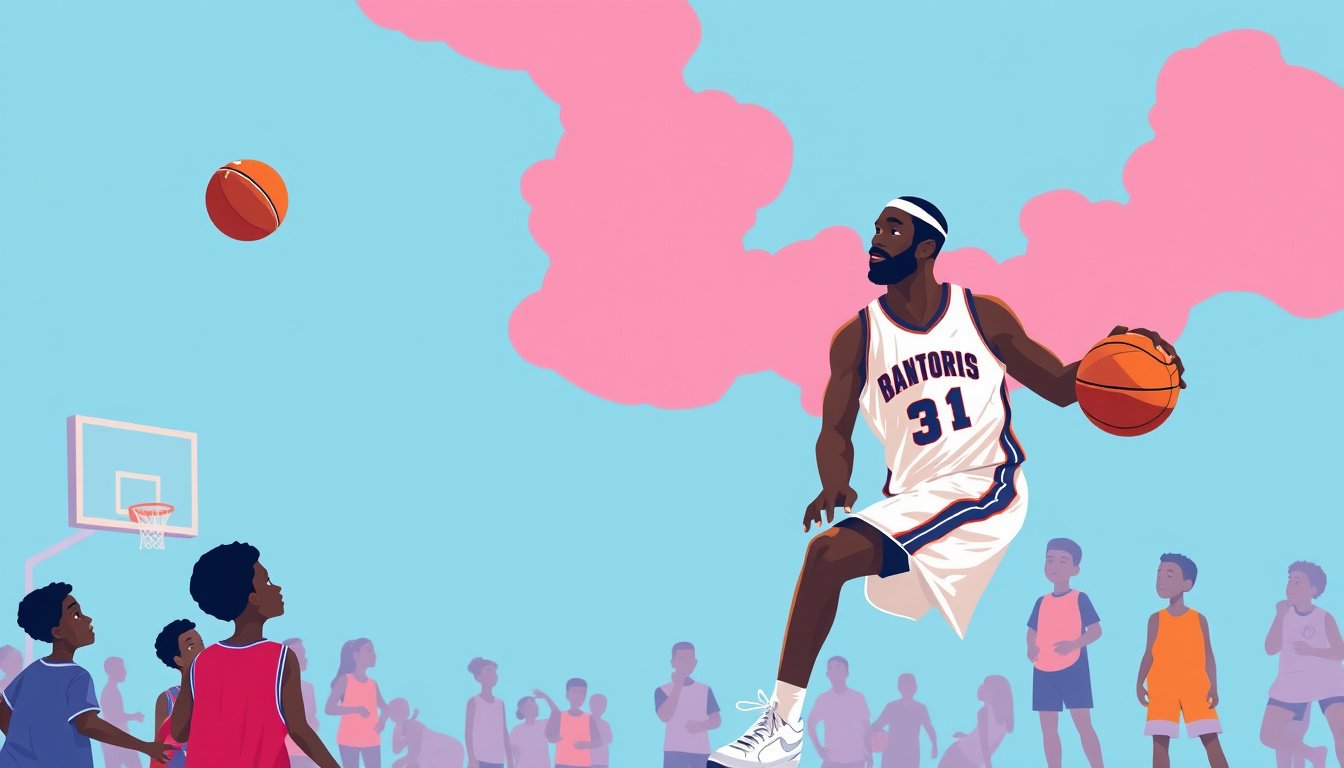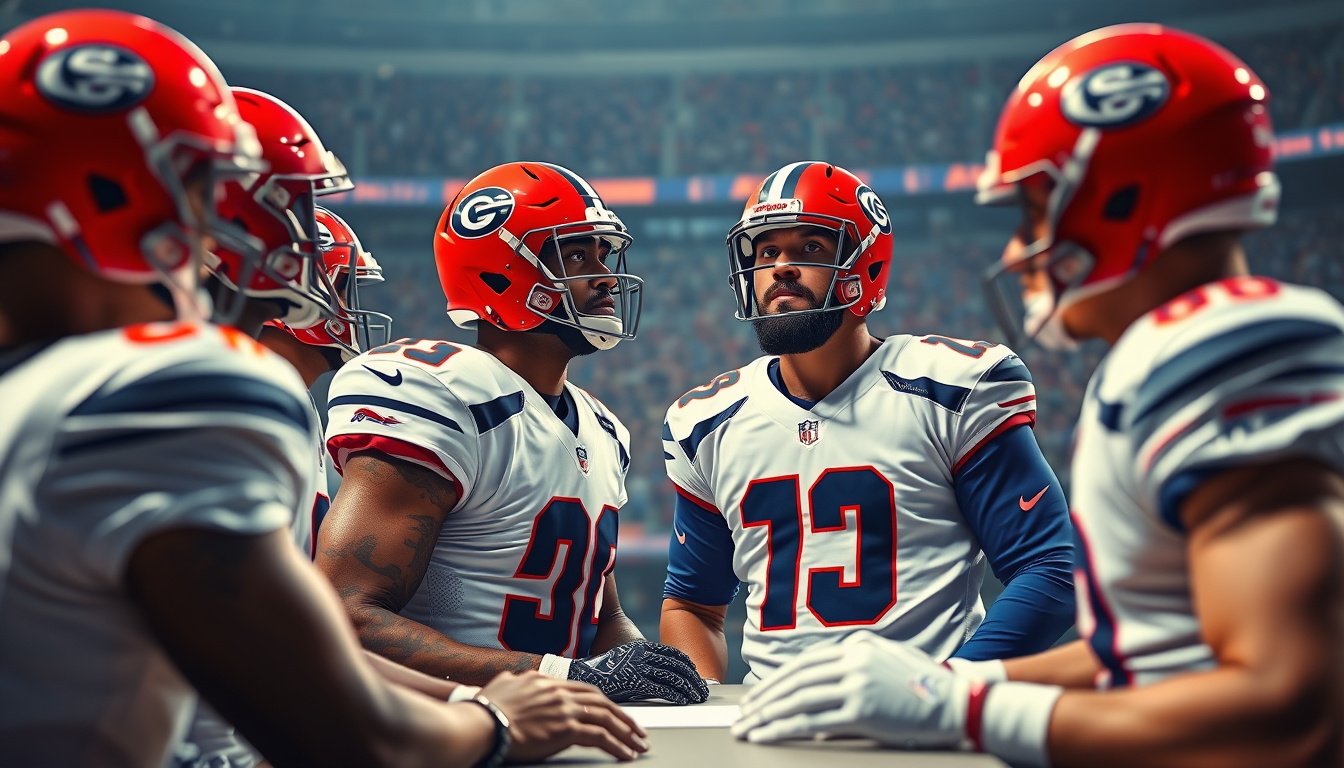Hugh Grant has long been known for his quintessentially British charm, the awkward romantic hero who won hearts in films like Four Weddings and a Funeral. Yet, as he embarks on what he affectionately calls his “freak-show era” in acting, Grant is stepping outside the boundaries of his established persona, provoking a reconsideration of what authenticity looks like within his career.
The Transformation from Romantic Lead to Rogue
Once pigeonholed as the droll romantic lead, Grant’s recent roles depict darker, more complex characters that challenge the public’s perception of him. With performances in series like The Undoing and films such as Heretic, where he plays a manipulative cult leader, Grant invites audiences to explore the nuances beneath his polished exterior. He describes the journey of rebranding himself as one that stemmed from past errors, sharing, “I used to do interviews where I was Mr. Stuttery Blinky,” recognizing that he contributed to the limitations placed on his public persona.
These days, Grant relishes the opportunity to subvert expectations. He notes that in his path through the entertainment industry, he sought to embody the charming figure audiences admired while accidentally boxing himself into a character that didn’t encompass the entirety of his being. The notion that Hugh Grant might be playing Hugh Grant in various roles is not merely a quip; it hints at a deeper, often conflicted relationship he holds with the characters he portrays.
The Dichotomy of Hugh Grant
Grant’s career trajectory has illustrated a fascinating dichotomy; steeped in charm but shadowed by complexity, there’s an undeniable tension between the two. “I think something darker and more complicated lurks beneath [the surface],” he confesses, providing insight while revealing an actor in constant dialogue with his identity.
This complexity resonates deeply in Heretic, as Grant embraces the opportunity to reveal a facet of himself that runs contrary to the polished romantic ideals he embodied earlier in his career. He describes the role as one that allows him to showcase a “revolutionizing” aspect of his craft, underscoring the versatility that audiences might overlook if they clung too tightly to their initial impressions of him.
Insights from His Co-Stars
The shift in Grant’s career hasn’t gone unnoticed by those who work alongside him. Co-star Chloe East remarked on his ambivalence, noting, “You don’t know what he’s serious about,” which speaks to how Grant’s witty demeanor can mask a sincere dedication to his craft. Director Scott Beck and writer Bryan Woods acknowledge his penchant for subverting expectations, stating that he has become “the best character actor around to play edgy, dark characters,” cementing the idea that his authenticity lies within his ability to defy the stereotypes associated with his name.
A Complex Connection with His Audience
The audience’s connection with Grant continues to evolve. One moment he’s delighting fans with the light-hearted nostalgia of roles from his past, and the next he’s pushing dramatic boundaries that get audiences to reconsider their definitions of authenticity. Conversations about his career not only highlight his versatility as an actor but also frame him as a figure continually wrestling with public perception.
Ultimately, Grant’s evolving persona underscores the tension between identity and public image—a persistent theme in the Hollywood landscape. In exploring this tension, Grant’s authenticity emerges not just in the characters he plays but in the very struggle of being both himself and the characters he embodies.
Conclusion: Authenticity in the Spotlight
In many ways, Hugh Grant’s best role may indeed be a version of himself—one that is layered and complex, rich with contradictions. His journey reflects a profound authenticity that resonates with audiences who are eager to see more than just the romantic misfit they’ve grown to love. As he delves deeper into roles that challenge his earlier self, Hugh Grant exemplifies that beneath the recognizable charm lies an actor unafraid to confront darker truths while remaining in dialogue with his past. In an industry that often demands consistency, Grant’s willingness to explore the diverse facets of his own identity might just make him one of the most authentic actors of his generation.


